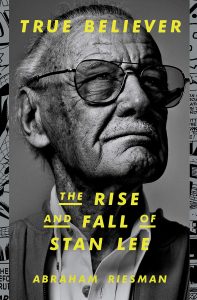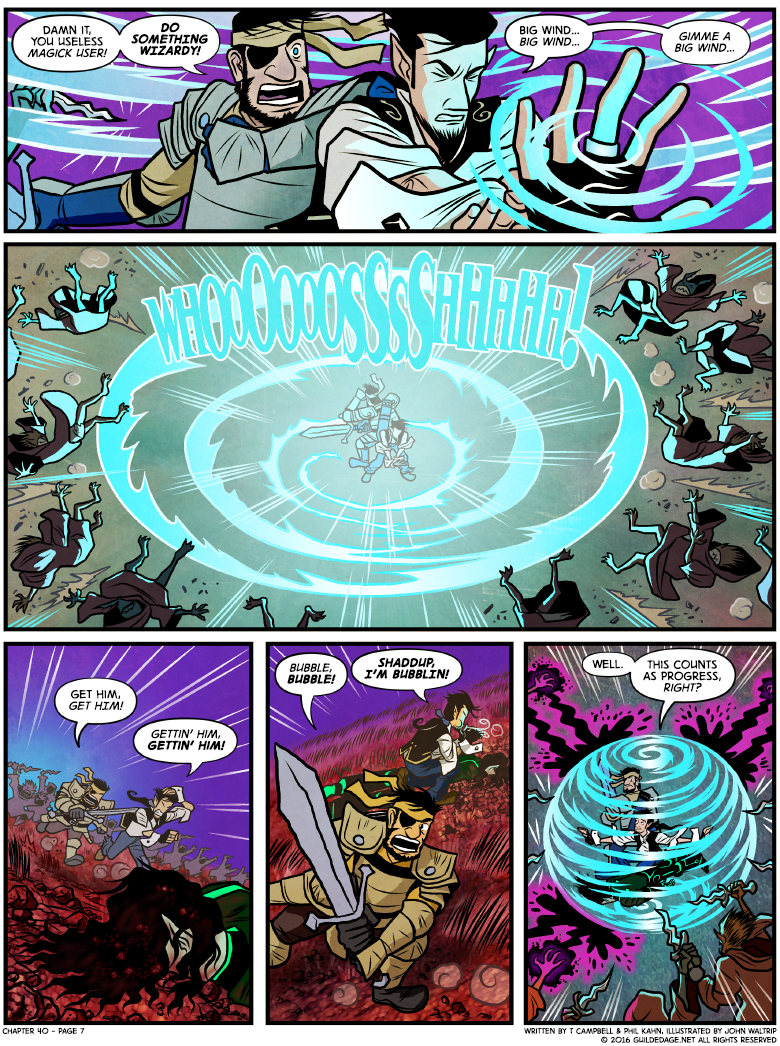Annotated 40-7
 I read True Believer: The Rise and Fall of Stan Lee recently. I generally respect it and learned a few things. I don’t agree with every call Abraham Riesman made—I think he should’ve taken a more stylometric approach to the old “how much writing did Lee actually do” question, rather than just shrugging at the irreconcilable interview records—but there’s one passage in particular that’s on my mind today.
I read True Believer: The Rise and Fall of Stan Lee recently. I generally respect it and learned a few things. I don’t agree with every call Abraham Riesman made—I think he should’ve taken a more stylometric approach to the old “how much writing did Lee actually do” question, rather than just shrugging at the irreconcilable interview records—but there’s one passage in particular that’s on my mind today.
The book discusses Stan’s tumultuous relationship with his daughter JC, only some of whose issues can be laid at his feet. Toward the end, it discloses there are recordings of the two screaming at each other. That’s shocking enough, but in those screams, Stan seems to voice the prejudices of his 1920s upbringing more than the gentle progressivism often embodied in his work and public statements. Riesman talks about how much the recordings trouble him. He has a hard time reconciling them with the rest of what he knows about Lee.
I don’t. I suspect Riesman has not experienced a truly dysfunctional long-term relationship. I’ve been lucky overall, but I have had a couple—and those were relationships I could walk away from, not familial bonds, so I’ve only glimpsed dysfunction compared to what the Lees experienced. Still, I’ve seen enough to know it can mess you up. In heated moments, it can frack away all the layers of who you are until it exposes things so long buried, you forgot they even existed. Those things are real and part of you, they demand to be faced, but they are not “who you fundamentally are.” Who you are is who you choose to be, day by day.
So I don’t blame Sundar too much for panel 1. Yeah, he’s reverting to type a little with his old “magick user” prejudice, and E-Merl doesn’t really need to hear how useless he is from anyone. But they’re overwhelmed and scared. On the very next page, when death seems even more imminent, it’ll be a better Sundar who says what he thinks might be parting words to E-Merl.











For me this page did not load correctly on my Android phone on either Brave or Chrome. Don’t know if it loaded on anyone else’s though.
I’m not the only one not seeing a page here at the moment, right?
It won’t load for me either.
You are not. This happened a lot on first run, but I think this is the first time it’s happened in the repeats.
Yeah, there’s nothing to load. Inspecting the empty gray area yields this:
{div id="comic"}
{!-- No HTML, Gallery or Featured Image Found. //--}
{/div}
(I replaced angled brackets by curly brackets to avoid them being interpreted as HTML tags.)
It should be fixed now. Sorry, guys, I did some of this page in advance and both holidays and a nasty (non-COVID) bug conspired to make me fall behind on the rest.
I think in general people are too quick to try to sum up the vast array of expression and experience that is a human being, into a nice simple summery. We’re everything we’ve done and not done, and all we’re going to do and never get the chance to do. It’s too big to easily sum up. We are far less concrete and distinct beings than we think ourselves to be, and much more mercurial and transitory in our fundamental nature than we’d like to admit.